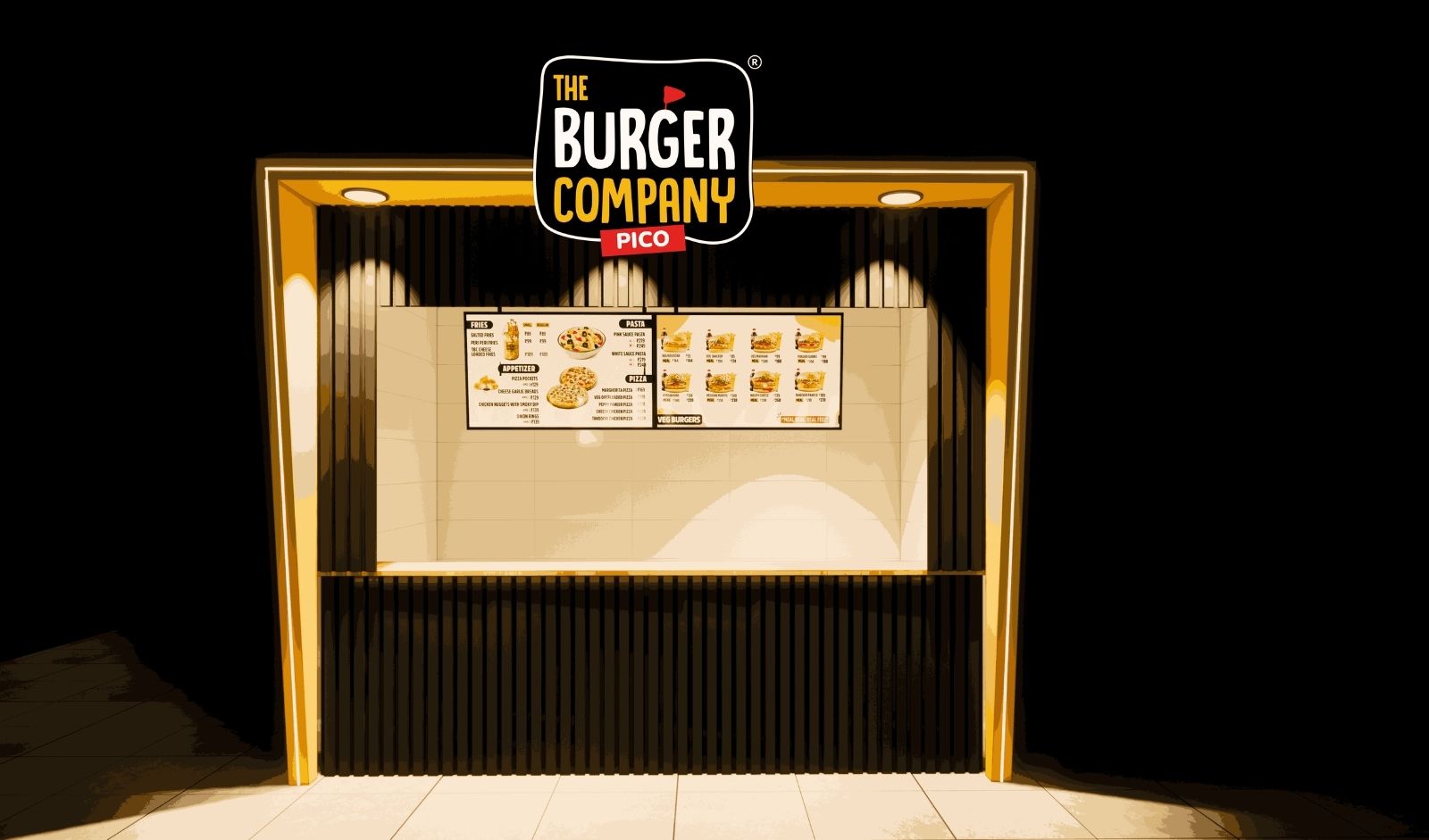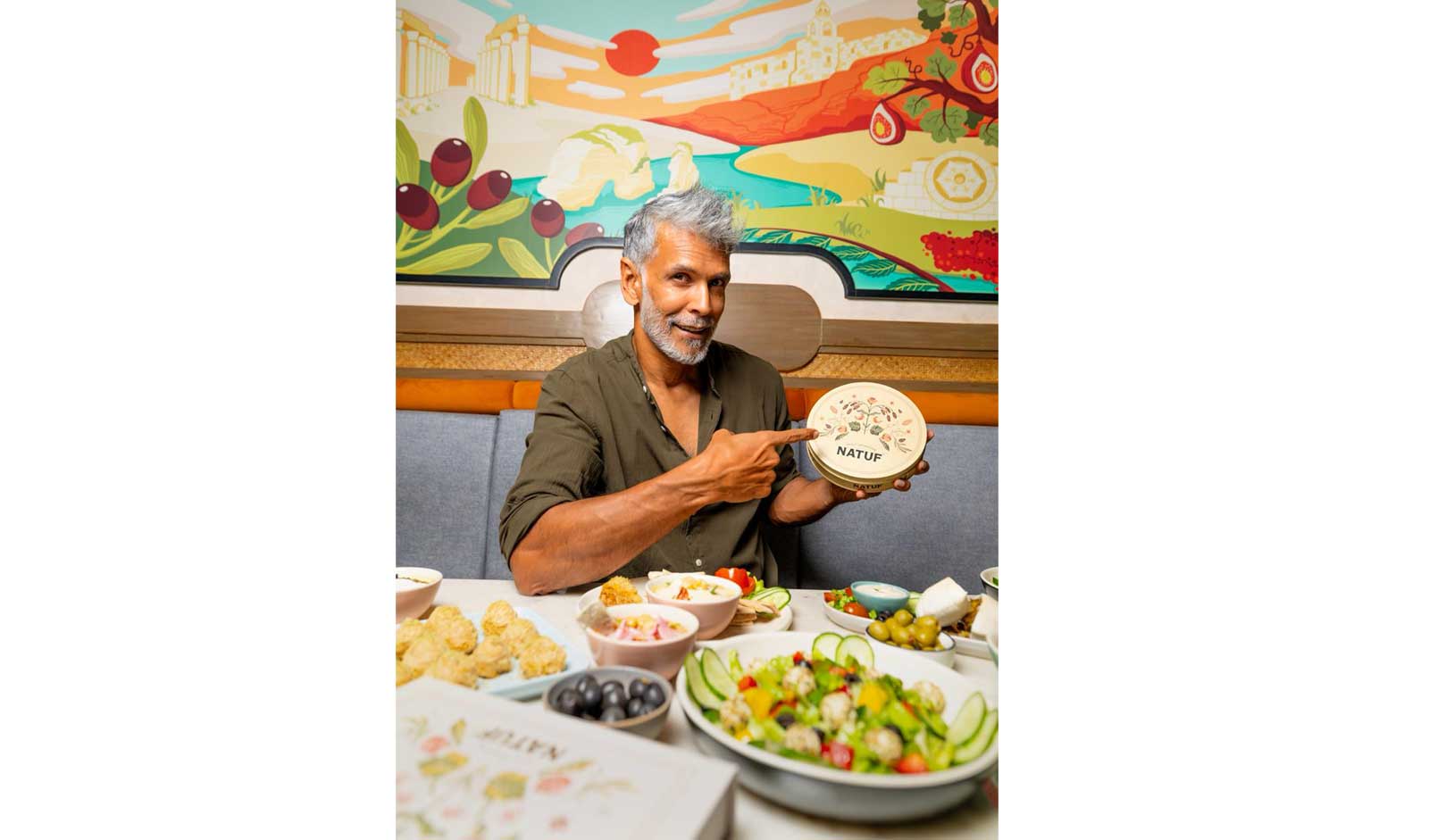
The Burger Company, one of India’s fastest-growing burger brands, has rolled out TBC PICO, a micro-QSR franchise format aimed at making food entrepreneurship more accessible. With an all-inclusive investment of Rs 7.89 lakhs plus taxes and a footprint of just 80-100 sq ft, the model is positioned as one of the lowest-cost entry points into India’s quick-service restaurant (QSR) sector.
Unlike traditional formats, PICO requires 60 to 80 percent lower investment. The package covers franchise fees, kitchen machinery, billing systems, branding, fit-outs, launch marketing, training, and opening-day stock, enabling franchisees to start operations immediately without hidden costs.
Neelam Singh, Founder and CEO, The Burger Company, said, “We recognized the immense potential of the PICO format and how it addresses what’s been holding back food entrepreneurship in India, namely the massive capital barrier. By adopting this innovative micro-QSR model, we’re able to put the power of our established, profitable burger business into the hands of every ambitious Indian.”
The menu has been optimized using historical POS data to focus on high-performing items, including popular veg and chicken burgers, signature fries, sandwiches, momos, and beverages. With an average fulfilment time of 4-5 minutes, the model reduces ingredient inventory by nearly 40 percent, while improving cross-utilisation and maximising revenue per square foot.
The company projects monthly revenues of Rs 3-4 lakhs with returns in 8-12 months. PICO targets diverse segments—first-time entrepreneurs, working professionals seeking side income, small-space owners in high-footfall areas, and kiosk operators looking for brand strength.
India’s QSR industry is growing at nearly 20 percent CAGR, with micro-QSR formats expected to contribute 25-30 percent of new openings by 2030. Rising real estate costs and consumer demand for fast, efficient formats are driving this shift. The Burger Company plans to open 500 PICO outlets across India in the next three years, focusing on malls, food courts, transit hubs, corporate parks, and street-side locations.
Copyright © 2009 - 2026 Restaurant India.








